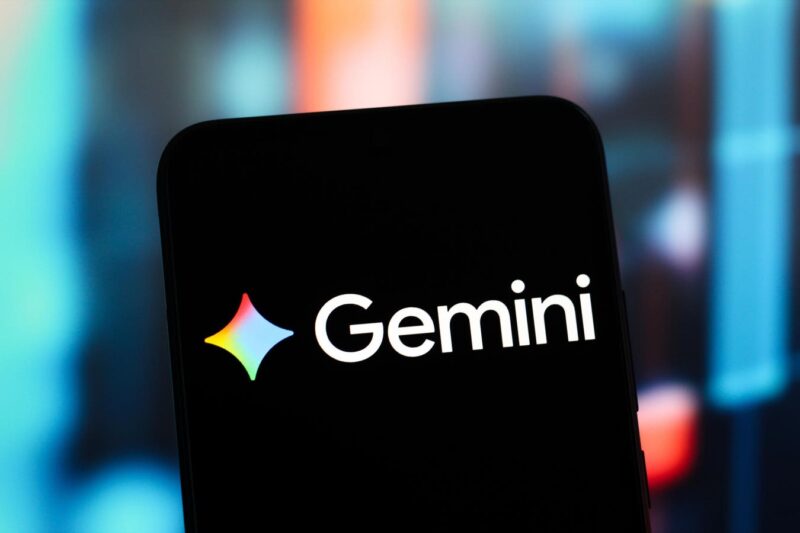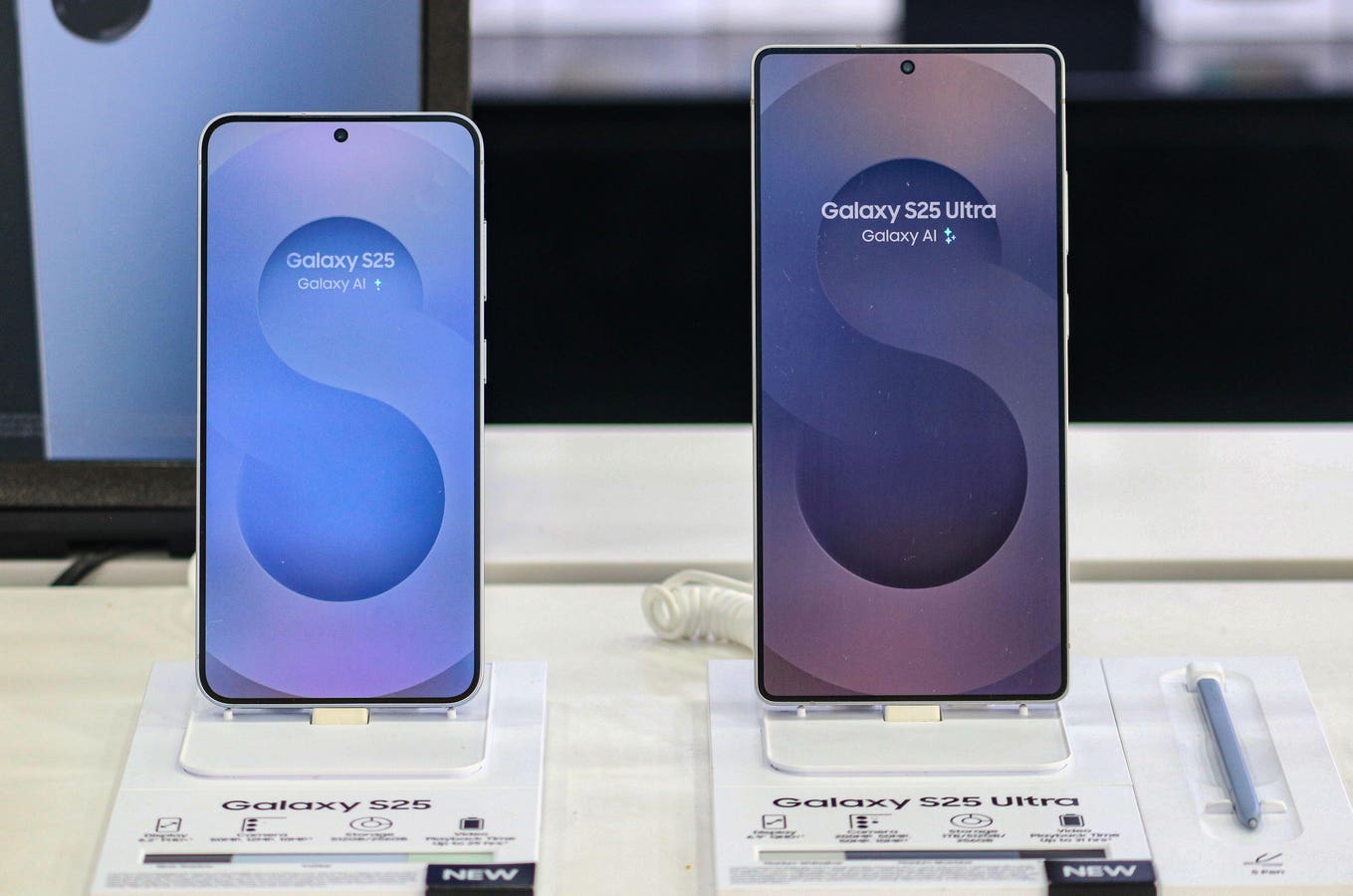CANADA – 2025/07/04: In this photo illustration, the Google Gemini AI logo is seen displayed on a smartphone screen.
SOPA Images/LightRocket via Getty Images
Google introduced Gemini 3, its newest AI platform, with new capabilities for deeper reasoning, antigravity agents, and native multimodality. For healthcare CIOs, these upgrades can help clear long-standing clinical and operational hurdles. The examples below show how Gemini 3 can support real work inside healthcare organizations.
Deep Think
Healthcare leaders can use Gemini 3’s deep thinking to solve complex decision-making problems that require multiple layers of analysis. They may first think of clinical reasoning for challenging patient care or research scenarios, but they should also apply this capability to operational improvements. One strong use case is managing complex patients, where deep thinking adds real value.
- Complex Patient Cohort – If your health system spans multiple locations with disparate EMRs and a non-standard third-party bolt-on application, Gemini 3 can support your assessments of complex patients across the organization. It ingests complete medical histories, imaging reports, lab results from multiple labs, and health information exchange data, pulling from every EMR involved. The agent analyzes this information for a complex patient cohort, reducing the time required for case management review. This analysis helps the health system quickly navigate scattered data so a case manager can define next steps, control patient care costs, and improve care quality.
Antigravity Agent
The power of the antigravity agent lies in its ability to execute workflows across different software applications. The agent can be powerful in areas of revenue cycle and patient access, especially in an environment with many third-party solutions. Here is a revenue cycle opportunity for healthcare CIOs to explore.
- Revenue Cycle Enhancement – Health systems deal with claim denials every day, and an antigravity agent can speed up the entire process. If a claim is denied because of improper coding or missing authorization, the agent logs in to the payer system, checks the denial code, and acts based on the reason. In this case, if the claim is coded incorrectly, the agent logs in to the coding system, updates the code, and alerts the hospital coding staff to sign off. Once the code is fixed, the agent accesses the right system to find the authorization, whether it lives in a document management tool or an email. It then resubmits the claim with the correct coding and authorization, completing the full workflow without human intervention.
Multimodality
Gemini 3 offers native multimodality, which lets it interpret and act on images, text, audio, video, and code at the same time. As ambient solutions gain traction in healthcare, a Gemini 3 agent can analyze ambient scribe data, review eight months of medical history in the EMR, read the final radiology report in the RIS system, and process the telemedicine video consult with the patient.
It can then recommend next steps or even schedule the right specialist appointment by logging in to the scheduling system, all without help from the contact center or the physician’s office staff.
Gemini 3 shows how fast AI is moving in healthcare, and its impact will only grow as other competitors strengthen their platforms. Healthcare CIOs who act now can use these tools to raise care quality, streamline operations, and fix long-standing gaps.









